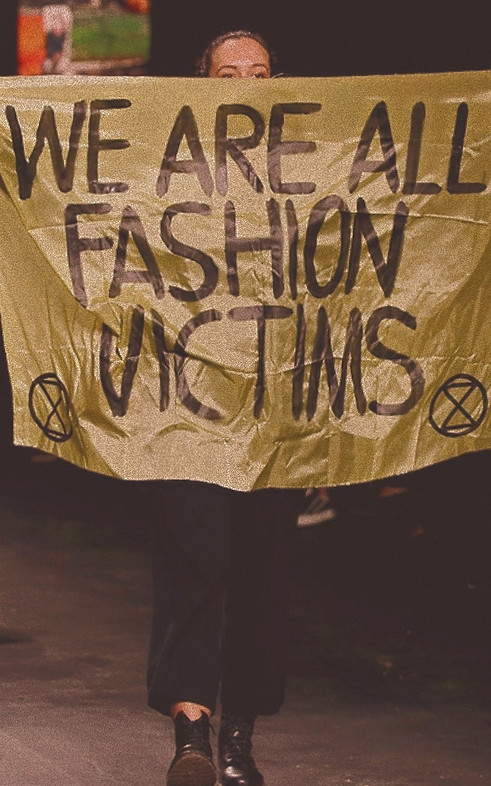Workers' rights and child labour regulations have impacted the sector on numerous occasions. Clothing factory workers may picket their employers, particularly if their salaries or medical benefits are inferior to those of workers in similar industries. This may cause stores to be late in receiving spring or fall trends. Activists who are not employed by the companies may picket merchants who buy clothing from countries where child labour regulations are known to be broken. This unfavorable publicity may have an influence on the sales and earnings of small clothes retailers. Furthermore, a trade embargo imposed on the imports of another company would drive clothes distributors to seek out other suppliers. An election that determines import/export policies as well as commodity tariffs could have an impact on the textile sector. The use of sustainable, recyclable, and bio friendly clothing has received a lot of attention. More and more companies are attempting to lessen their environmental impact, and governments all around the world are responding by enacting rules that encourage environmentally responsible companies. Another area where the government wields power in relation to fashion is in the development of consumer protection rules. Consumers are being protected from harmful or unhealthy clothes goods, and the environment is being protected from human exploitation. For instance, laws prohibiting the use of combustible textiles in clothing are an example of the former. Endangered species rules, for example, limit the use of the skin and furs of specified animals in clothing.
